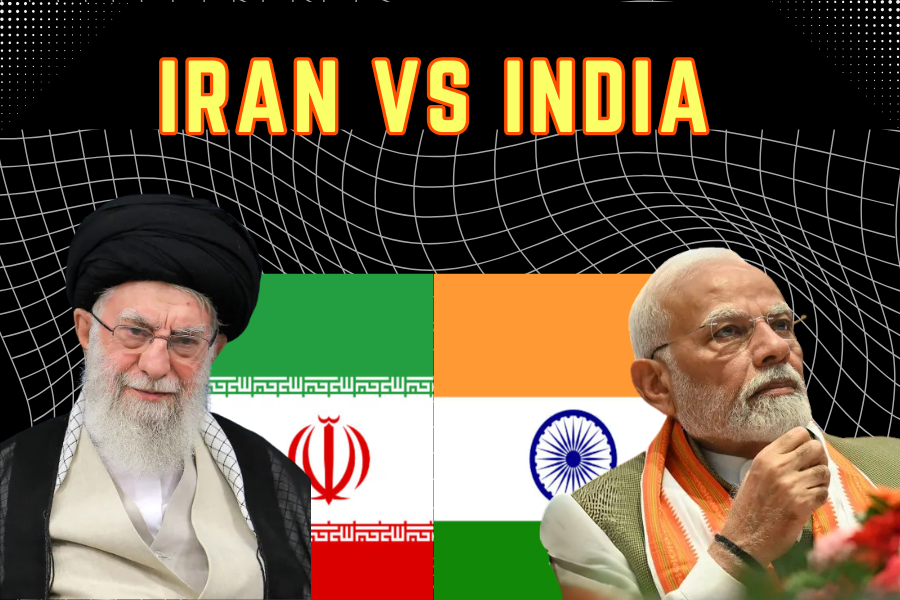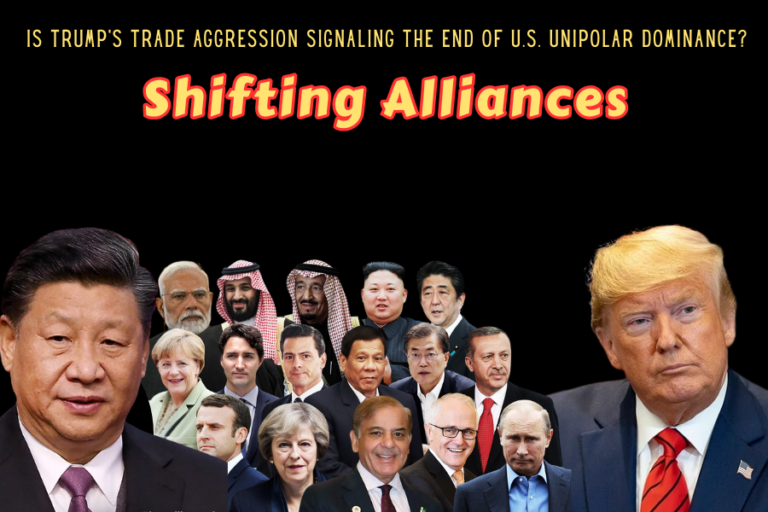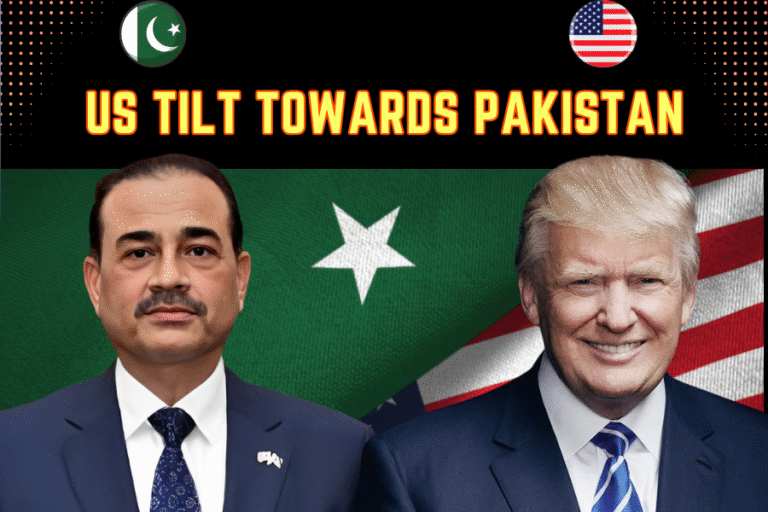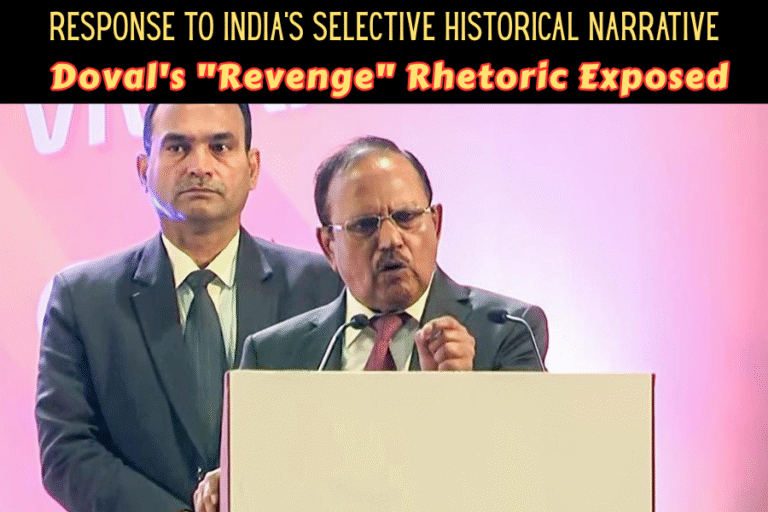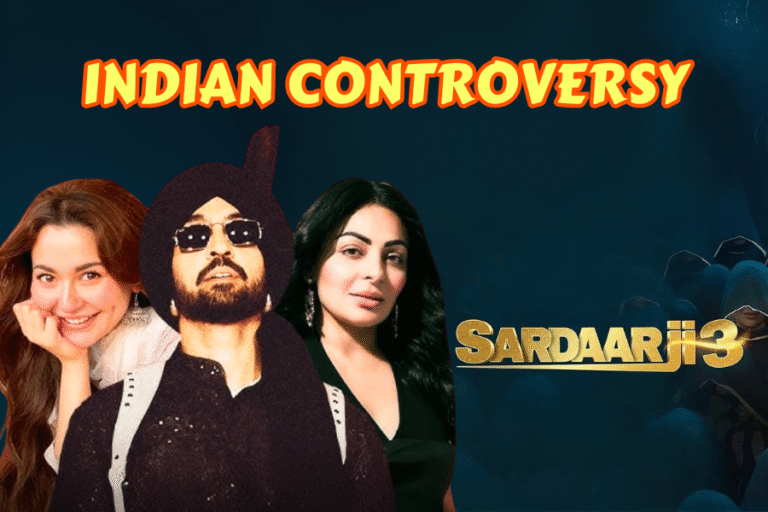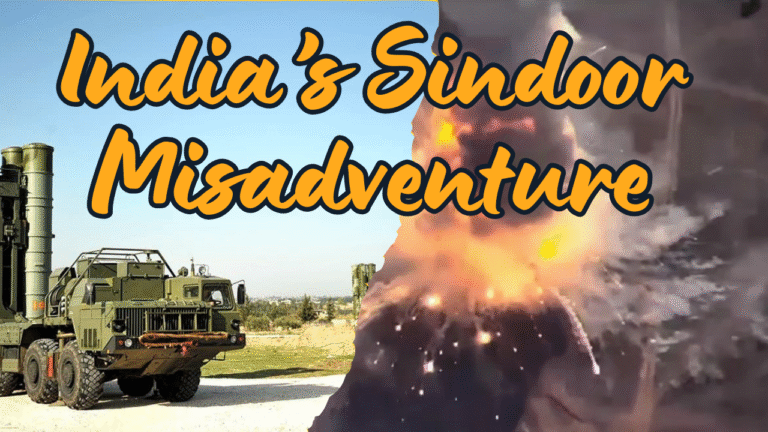(By Khalid Masood)
In the treacherous world of global diplomacy, gratitude is often the first casualty. Principles are bartered, friendships sacrificed, and history rewritten in the pursuit of short-term gain. But few betrayals cut as deep as the one unfolding today between India and Iran—a tragic tale of trust misplaced and loyalty unrepaid.
The question that echoes across corridors in Tehran, Islamabad, and beyond is this:
How could India so easily forget the hand that saved it from global condemnation?
1994 – The Year Iran Shielded India from Global Disgrace
In March–April 1994, India stood at the edge of a diplomatic cliff. For the first time in decades, the Organisation of Islamic Cooperation (OIC), supported by powerful Western governments, was preparing to move a damning resolution at the UN Commission on Human Rights (UNCHR) against India’s brutal occupation of Kashmir.
The resolution was no symbolic gesture—it was a genuine threat. Had it passed, India faced the real prospect of UN Security Council referral, followed by sanctions, embargoes, and crippling international isolation. And India was not ready. Its economy was reeling, having just mortgaged gold to survive a balance-of-payments crisis. Its long-time ally, Russia, weakened and reluctant, signalled no support. Even the United States, at that time wary of India’s Soviet past, appeared unwilling to shield it.
Pakistan and the Muslim world were on the verge of a major diplomatic victory for the Kashmiri people. The stars had aligned.
But then came the dagger from an unexpected hand: Iran.
Iran’s Historic Abstention – A Betrayal Carved in Stone
As a leading voice in the Islamic world and a long-time proponent of Muslim solidarity, Iran had every reason to back the resolution. But in an abrupt twist, Tehran refused to give its consent, blocking the OIC consensus—and thereby killing the resolution in its tracks.
It stunned the Muslim world. It devastated the Kashmiri cause. For Pakistan, it was nothing short of a betrayal.
Why did Iran do it? The truth emerged later—a secret diplomatic channel between New Delhi and Tehran. Then-Foreign Minister Dinesh Singh had laid the groundwork, and India’s Geneva delegation—led by Atal Bihari Vajpayee, Farooq Abdullah, and Salman Khurshid—secured the final outcome. But it was the covert outreach from Indian leadership that persuaded Iran to break ranks with the Muslim world.
India was saved—not by its own merit, but by the sacrifice of a Muslim country that risked its own credibility to protect a Hindu-majority state committing unspeakable violence in Kashmir.
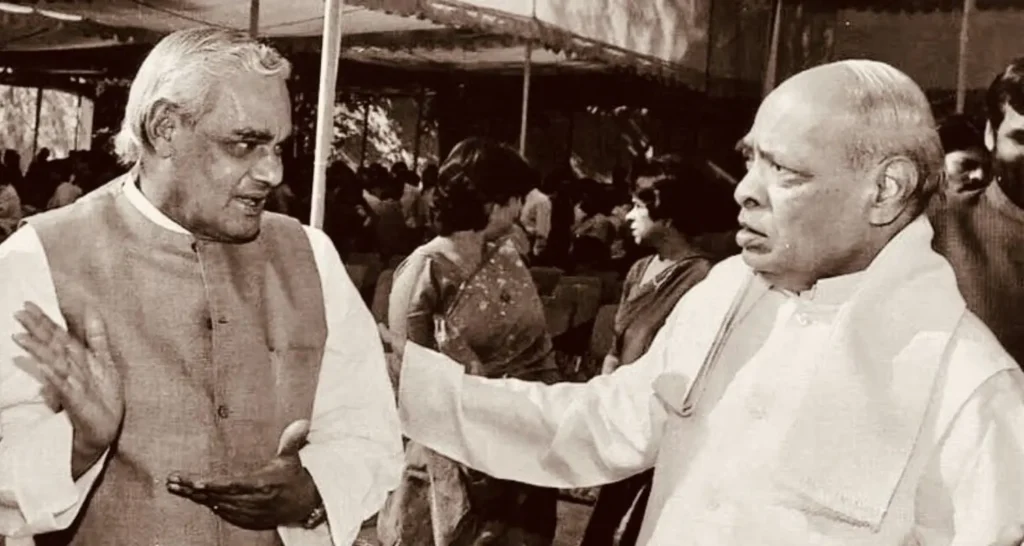
An Unwritten Pact—and a Forgotten Debt
Following this episode, India and Iran enjoyed a period of pragmatic cooperation. Joint interests in Afghanistan, energy, and regional stability shaped a quiet understanding. India offered diplomatic niceties; Iran looked the other way when India flexed its muscles in Kashmir.
Yet even in that partnership, the scars of 1994 never fully healed. Pakistan did not forget. Nor did the Kashmiris.
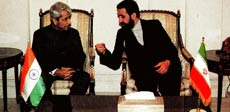
2025 – India Turns Its Back on Tehran
Today, the roles are reversed. Iran, under siege from Israeli aggression, has turned to old partners for diplomatic support. But this time, India refused to reciprocate.
- At the Shanghai Cooperation Organisation (SCO), where Russia, China, and Pakistan condemned Israel’s illegal strikes inside Iranian territory, India refused to endorse the statement.
- At the IAEA, India voted against Iran, aligning itself openly with Tel Aviv and Washington.
In the space of weeks, India abandoned the very nation that once saved it from ruin. And Tehran, which once stood tall as India’s saviour, now watches as India embraces its enemies and joins hands with the very powers threatening its sovereignty.
The Arrogance of India—Blinded by Hubris
This betrayal is not accidental. It is part of a larger pattern of Indian hubris—a nation increasingly drunk on its perceived rise and emboldened by Western applause. From repression in Kashmir to anti-Muslim bigotry, from extrajudicial killings abroad to border skirmishes with neighbours, India has chosen confrontation over cooperation, domination over diplomacy.
Even after suffering a humiliating military defeat in May 2025, where Pakistan’s Armed Forces downed seven Indian fighter jets and destroyed critical infrastructure, India remains unwilling to learn the lessons of restraint. It now thinks it can defy international law, disrespect old allies, and rewrite history on its own terms.
But history has a strange way of remembering. And nations, like people, are judged by how they treat their friends—especially those who stood by them in their darkest hours.
The Lesson for Iran—and for the Islamic World
The Islamic Republic of Iran, for all its sacrifices and principled stands, must now confront the bitter truth: India was never a reliable partner. When Iran stood by India in 1994, it did so against the interests of the Muslim Ummah. Today, India returns the favour by allying with Iran’s enemies and betraying the spirit of diplomacy.
This moment must serve as a wake-up call—not just for Iran, but for the entire Muslim world. No nation should ever sell out the cause of its brothers for vague promises of trade or empty seats at global summits. India has chosen its path—a path that leads to Tel Aviv, not Tehran.
Conclusion: Gratitude Forgotten, Honour Forsaken
The Indian betrayal of Iran is not just a shift in policy—it is a violation of moral memory, a disregard for honour, and a confirmation of New Delhi’s opportunistic diplomacy.
If today, Tehran is isolated, it is because it once believed that goodwill would be remembered.
If today, Pakistan stands vindicated, it is because we never abandoned our brothers for the sake of deals in Geneva.
Let this chapter be written in bold ink:
The nations that betray their friends will, in time, be betrayed by their own ambition.
And to India, we say:
You may forget history, but history will never forget you.

